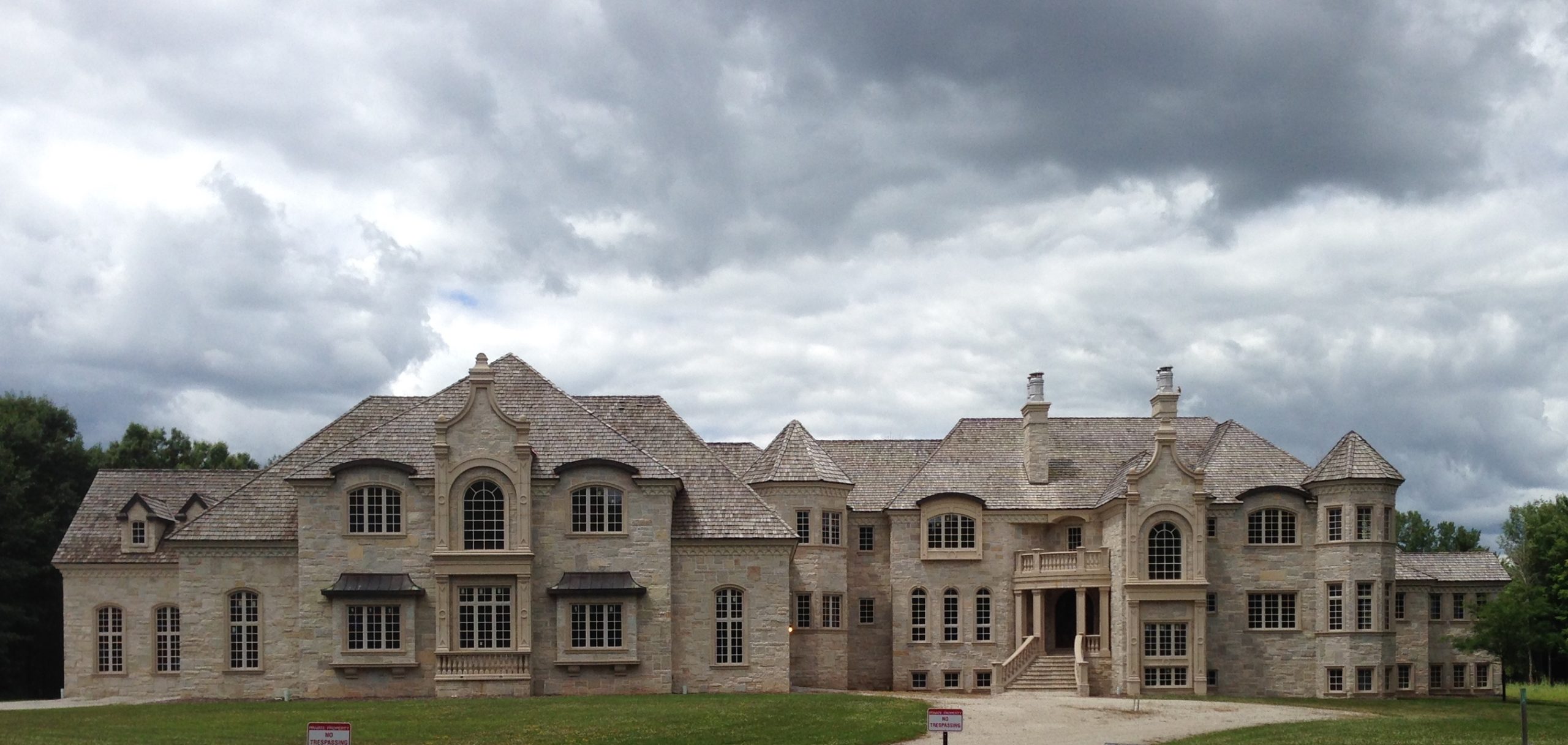 Reader Question: We are considering buying a home. My husband and I both have good jobs, no debt, and more than an adequate downpayment. We have spent several years saving, and now we feel ready financially. There are many distractions today; we wonder if buying in the pandemic is the right time?
Reader Question: We are considering buying a home. My husband and I both have good jobs, no debt, and more than an adequate downpayment. We have spent several years saving, and now we feel ready financially. There are many distractions today; we wonder if buying in the pandemic is the right time?
Monty’s Answer: There is no doubt the world is facing some challenging times. Historically, many good things happened in very troubling times. For example, According to author Alan Millward, productivity during WWII increased by 300%. While the war effort was part of the growth, Millward also named new capital equipment, longer working hours, and pooling industrial information to cause explosive growth.
The distractions
While it is true that there are many distractions today, the majority of us are working. Home buying is currently robust. Why wouldn’t it be when you can lock in a 30-year fixed-rate mortgage around a 3% interest rate?
While uncertainty can dampen progress, many Americans are taking advantage of uncertainty. According to the United States Census Bureau, there were 1,566,373 new business formations across the United States in the second quarter of 2020, at the pandemic height. America has a long history of resiliency.
Besides the pandemic, there are other considerations. While interest rates are low, so is the supply of homes. The shortage of homes is driving home prices up. In new construction, there is a shortage of labor, and lumber prices have near-doubled. The pandemic has temporarily closed some big producers of lumber.
Look past the low-interest rates
We all know low-interest rates are the draw that is driving home sales across the country, but there are other factors to consider. Here is an article in Bloomberg, a business magazine, that paints a rather bleak picture. In the short term, this writer is optimistic, and Bloomberg is pessimistic. None of us can see the future, but we can see the past. From a real estate perspective, the artificially low-interest rates may not be with us long.
In the late 1970s, the interest rates climbed to 17% and temporarily curtailed the housing market. We have home buyers today that may not remember the meltdown of home values in 2008. The unknown today is how long temporary lasts. Individual circumstances are the primary consideration in deciding to buy or hold off, and finances are the main focus. Resist the temptation to buy more than you need.
The risk is if you have to sell
Some homebuyers today are using the low rate to spend on more home than they need. This strategy poses a hidden risk. Suppose we are in a bubble with home prices. In that case, some economists believe that home prices would decline during a correction. The trouble is if you bought at the top of the bubble and sell your home after the bubble breaks. If you made a low down payment, you might have to come up with cash to sell or face foreclosure. You would not recover all of your substantial down payment.


